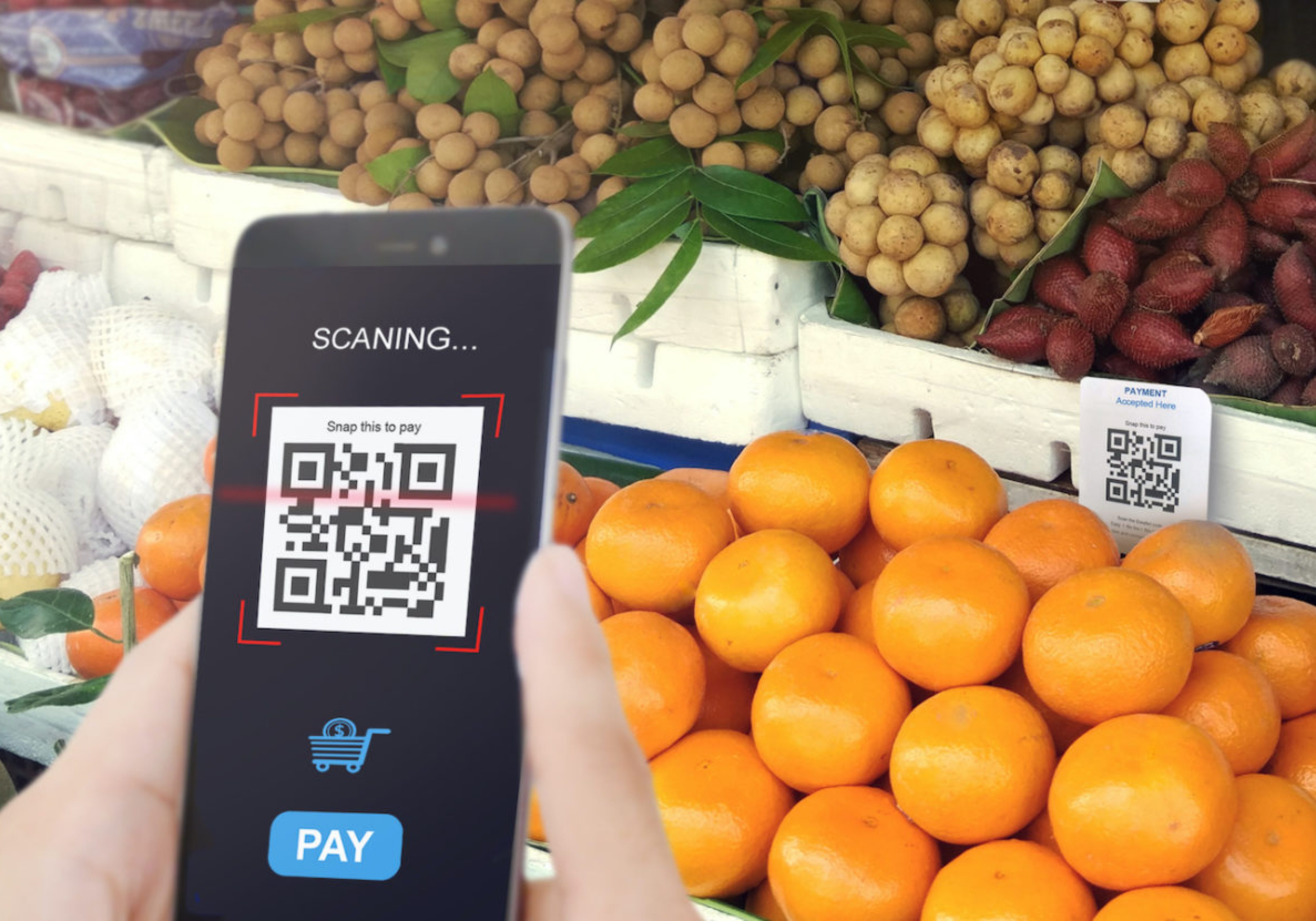The inexorable rise of fintech poses new questions about how we approach finance in the 2020s. Last year’s huge jump in investment into the field of 144%, from $53.9 billion USD to $131.4 billion USD marks the trend: venture capitalists are taking notice of the seemingly limitless potential.
How, then, can we leverage fintech to better serve the interests of communities, on a global scale rather than local? Connections are now made instantly, whether you are in Manila, New York or London. This can apply to transactions between new banks on the smartphones of users, in a world where fees don’t need to be so prohibitive and access to financial services is democratised.
This isn’t limited to the ‘developing’ world at all. In the US, an estimated 7.1 million people were unbanked in 2019. Financial institutions often have fees, minimum deposit requirements and other upfront costs that create steep barriers to entry for people without much cash.
Small business can make a change
SMEs in the UK made up over 99% of all businesses in 2021; there were 5.6 million of them at the last count. Collectively, there is massive power in the decisions they make with their company in terms of consumer experience.
Wallet and QR code payments are fairly common in Asia but not in Europe — this is something that can change to the benefit of millions. It will take only minor costs and effort in order to make businesses more friendly to the unbanked – people, who in future can simply use an app.
The single biggest challenge is the glacial pace at which many firms respond to technological innovation. Business owners need to be receptive, openminded and willing to make minor changes to help spark a big change. It’s therefore vital that the process is so streamlined and straightforward to take up that it becomes illogical to resist.
We’re swiftly moving to a world where it’s so cheap and easy to move funds and make payments that fintech companies offering banking and financial services will be in prime position to revolutionise business transactions and cross-border transfers. SMEs will need to get on board to accelerate the process.
The role of technology
Nascent technologies, such as blockchain, AI and big data analytics, are integral to the modernisation of financial services. When it comes to business, B2B transactions can be simplified and peer to peer, similarly, will enjoy a boon to the ways we all use our money.
Digital currencies hold incredible potential to change the world. It’s easy to lose track amid speculation on cryptocurrencies dominating media headlines, with the public hearing about all-time highs on bitcoin and then subsequent market crashes wiping out investments.
At its core, digital currencies on the blockchain offer near-instant payments with low fees to anywhere in the world. Cutting the costs of money transfers could unlock $15 billion USD that is currently lost to middlemen when the approximately 250 million migrant workers choose to send money back to their families in their home countries. The upshot is plain to see – instead of lining the pockets of already-rich banks, there will be more funds available for those who use every last penny on sustaining themselves and building for a better future.
Technology when used in a socially responsible way can revolutionise the way wealth naturally flows. In a sense, money can become more democratic and financially empower the individual rather than corporate entities.
Creating universal access
Fintech firms are rewriting the story of payments and banking in various ways. The mission to facilitate payments and offer simple money management for everyone is not just a noble cause, but an oft-neglected consumer demand across the globe.
Universal access to payment services is crucial to progress, both nationally and internationally, whether it’s sending money home, running a small business, or keeping control of finances in a trackable, non-cash manner. There are 1.7 billion adults worldwide who still don’t have access to a bank account because they are on a low income, move regularly as migrant workers, or have a poor credit history.
The inability to obtain a bank account creates more problems and exposes people to debt and risky transactions. These individuals are those most in need of secure money transfers: it cannot be reiterated enough that they are often sending money home to feed their families in the most basic yet vital utility of money.
Ethical, socially conscious fintech is therefore of paramount importance. Solutions for a mobile wallet combined with a digital bank account will reach into the neglected corners of the globe by providing financial services which make sense and carry a low barrier to entry for businesses as well as the public. Many people in the world own a smartphone, but they don’t always have access to banking which serves them better than cash does.
It will be a silent revolution
Already, we have seen financial transactions change because of the internet. Everything can be done online, even by mobile, and it’s all at the user’s fingertips. Today, many small businesses find it is far easier to reach a larger demographic online than offline.
In the future, helped by the use of Central Bank Digital Currencies (CBDCs) and internet and mobile banking, we will see the phasing out of physical bank branches with a drastically reduced need for cash. Digital money will replace physical money, but this will not change overnight.
The younger generation are well-acquainted with everything being placed in digital spaces. The older generations perhaps not, and their adjustment to new methods must be taken into account while fintech revolutionises payments and banking. Some countries, like Sweden, are already promoting cashless-only establishments and we can only expect this trend to continue.
While technologies such as blockchain ostensibly make transactions far more transparent — each payment lives immutably on a public chain — there is the issue of ethics in the companies that operate behind it. With innovative technology, it can also be easier to hide transactions or carry out money laundering.
Proper compliance will be a cornerstone of the new age of financial services. Onboarding customers to such platforms will require KYC/AML (know your customer/anti-money laundering) guidelines/policies to avoid becoming a vehicle for nefarious activities.
Institutional change will not arrive with a bang. Instead, people around the world will integrate new financial and banking services slowly into their lives with a significant material effect on their livelihood. This is the difference fintech can make, when applied in a socially responsible manner, to the lives of billions.








